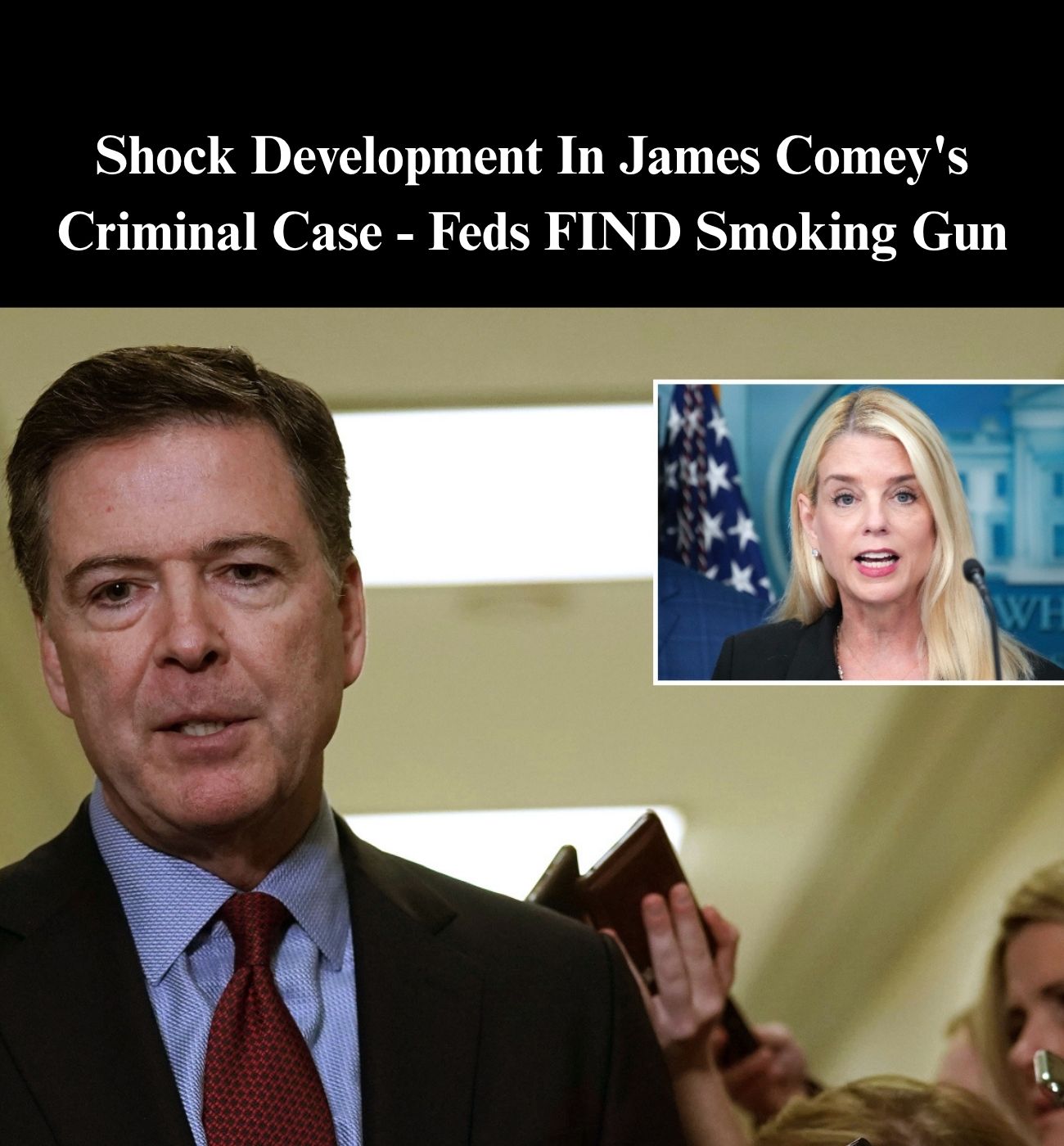Months before he was dismissed as FBI director, James Comey conveyed unease in the final weeks of the 2016 campaign when he informed Congress that agents had discovered additional Hillary Clinton emails on a laptop belonging to former Democratic congressman Anthony Weiner, according to newly released court records.
In an email now public through a recent court filing, Comey told a friend, “I hate having to do it,” offering new insight into his thinking as he revisited the Clinton inquiry in the final stretch of the 2016 campaign.
Comey is currently facing federal charges accusing him of misleading and obstructing Congress for allegedly denying that he authorized media disclosures related to the FBI’s investigation of Clinton’s private email server.
As Comey maintains his innocence and seeks to have the charges dismissed, the Justice Department has released newly disclosed messages between Comey and his friend and confidant Daniel Richman. The communications show that Comey anticipated Clinton would defeat then-GOP presidential nominee Donald Trump and provide additional context surrounding the so-called “October Surprise” — the discovery of Clinton emails on Weiner’s laptop — which court records indicate was not unexpected among FBI leadership.
In fact, former FBI special agent Peter Strzok had been aware of the emails on Anthony Weiner’s laptop since September 2016, weeks before Comey’s message to Richman.
The newly released correspondence shows Comey expected Hillary Clinton to become “president-elect Clinton” following the November 2016 election. Additional emails published this week by the Justice Department indicate that while Comey was unhappy about the timing, he believed he was obligated to notify Congress that the bureau had discovered additional Clinton emails on the Weiner device.
Richman — a former Justice Department official and now a law professor at Columbia University — was assisting the FBI during the 2016 election. It is already known that he later provided Comey’s memos to the New York Times in 2017 after Comey was dismissed by President Donald Trump.
Prosecutors allege the newly released emails show Comey was aware of, and encouraged, Richman’s contacts with reporters in 2016, contradicting Comey’s later statements to Congress. Comey has pleaded not guilty and characterizes the charges as politically motivated.
Despite publicly criticizing Clinton for her use of a private email server, Comey was himself using a personal, anonymous Gmail account to discuss FBI matters with Richman, according to the newly released memos, Just the News noted.
Comey lawyer Jessica Carmichael told the federal court last month that her client “moves this Court to order the government to provide a bill of particulars as described below” as she argued that “Mr. Comey seeks specificity with respect to Counts One and Two of the indictment to apprise him of the offenses with which he is charged and to allow him to prepare a defense at trial. The indictment in its current form does neither.”
Acting U.S. Attorney Lindsey Halligan filed a response this week, where she argued that “contrary to defendant’s request, a bill of particulars is not to be utilized as a discovery device” and that “given that the indictment provides defendant with the essential facts constituting the offenses with which he is charged, the Court should not require the Government to disclose the manner in which it will attempt to prove the charges, the precise manner in which the Government intends to prove that the crimes charged were committed, or to provide the defendant a preview of the Government’s evidence or legal theories.”
The Justice Department’s latest court filing also provides additional detail about Comey’s activities in October 2016, noting that his alleged coordination with Richman intensified after he notified Congress that the FBI had discovered additional Clinton emails on a laptop belonging to Anthony Weiner.
“Almost immediately after sending the above-described letter, the defendant appears to have begun coordinating with Daniel Richman … to respond to resulting media coverage,” the DOJ said. “On the same day that defendant sent his letter to Congress, he was already coordinating with Richman on the coverage.”
